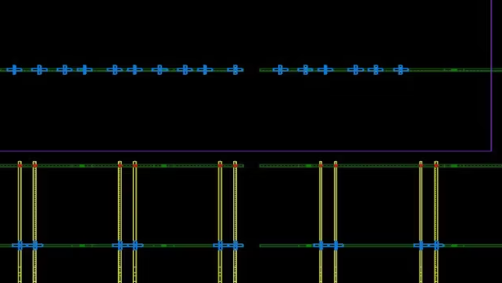When you need to verify test suites that drag on for millions (or billions) of clock cycles, it really helps to run them on some hardware – assuming you need clock accuracy. Otherwise, well, “legacy code” acquires a new meaning: the project you started and passed to your progeny because simulation couldn’t finish in your lifetime.
There are various emulation systems out there, but if you’ve done a lot of work on your own prototype, then redoing the design on an emulator might seem like redundant work.
In the meantime, Aldec has an HES system that conveniently splits into two: a board and the DVM (Design Verification Manager) software. The unique thing is that the DVM environment can be ported to different boards by Aldec. So they can adapt it to your prototype board.
But real verification acceleration requires the SCE-MI 2.0 standard. This allows much more time-efficient transactions to jump back and forth from the host/software side to the board rather than requiring signal-level information to be laboriously transferred. Serious modern emulators support the SCE-MI standard as a matter of course.
So Aldec just announced that version 2011.04, among other things, supports the SCE-MI 2.0 standard, with speeds up to 4 MHz on 10-million-gate designs. This means that you have the possibility of using your prototype board for emulation as an alternative to buying separate emulator hardware. While the DVM software will need to be compared for such things as debug features, price, etc. with other emulation options – and you would need to work with Aldec to have the port done – it’s an option that, as far as I know, isn’t available anywhere else.
More details in their press release…





